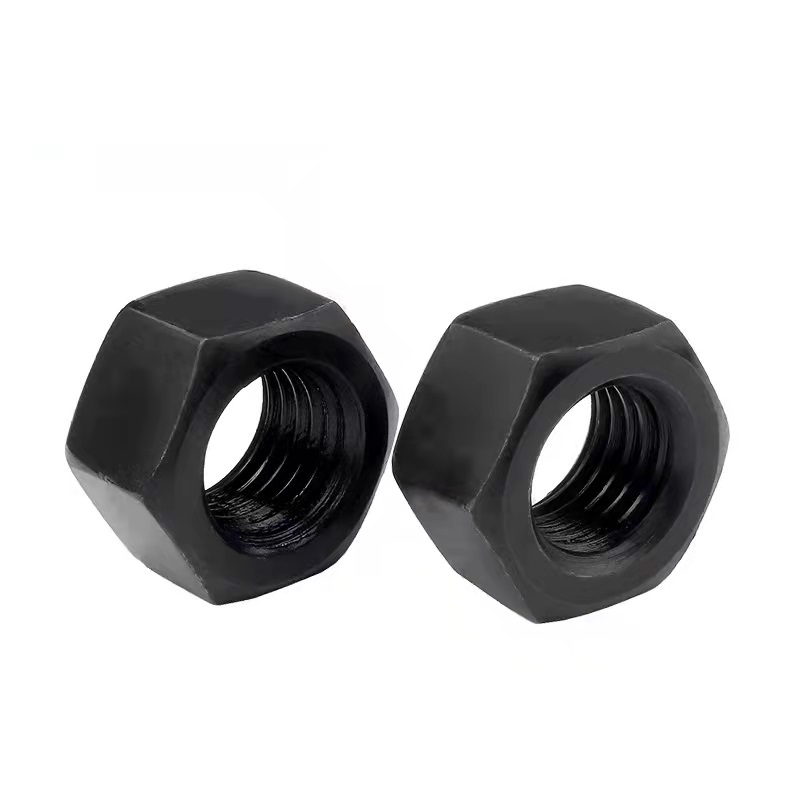tie bolts exporters
Гру . 10, 2024 15:02 Back to list
tie bolts exporters
The Growing Market of Tie Bolts Exporters
In recent years, the demand for tie bolts has seen a significant surge across various industries. Tie bolts, used primarily for fastening and structural support, play a crucial role in construction, machinery, and automotive applications. As international trade expands, the landscape for tie bolts exporters is evolving, presenting both opportunities and challenges.
Understanding Tie Bolts
Tie bolts, often referred to as tension bolts or anchor bolts, are designed to hold two or more elements together, ensuring stability and safety in structures. They are available in various materials, including steel, stainless steel, and alloy, which provide different properties such as strength, corrosion resistance, and durability. The choice of material is often determined by the specific requirements of the application, including environmental conditions and load specifications.
Global Demand and Export Trends
The global construction industry is one of the primary drivers of tie bolt demand. With urbanization and infrastructure development reaching new heights, especially in emerging economies, the need for reliable fastening solutions has become paramount. The construction segment’s growth, buoyed by government investments in infrastructure and housing projects, is a significant factor contributing to the increasing demand for tie bolts.
Moreover, the automotive industry requires high-strength tie bolts for assembling parts and components. As electric vehicles (EVs) gain prominence, manufacturers are seeking specialized fasteners that can withstand the unique stresses involved in EV production. This dynamic landscape creates a robust market for exporters who can provide high-quality and innovative tie bolt solutions.
Major Exporting Regions
tie bolts exporters

Countries with a strong manufacturing base have become key players in the tie bolts export market. Asia, particularly China and India, leads the charge due to their large-scale production capabilities and cost-effective manufacturing processes. These countries not only produce a significant volume of tie bolts, but they also focus on improving quality standards to meet international regulations.
In Europe, countries like Germany and France are recognized for their advanced engineering practices and high-quality manufacturing. Exporters from these regions often focus on specialty tie bolts that cater to niche markets, including aerospace and naval industries, where performance and safety are paramount.
The United States also remains a vital player in the global market, with a focus on producing heavy-duty tie bolts suitable for high-stress applications in construction and industrial machinery.
Challenges Faced by Exporters
Despite the burgeoning market, tie bolt exporters face several challenges. Firstly, fluctuating raw material prices can significantly affect production costs, making it difficult for exporters to maintain stable pricing. Additionally, stringent international quality standards and certifications create hurdles for manufacturers, especially those in developing countries.
Logistical issues, including shipping delays and customs regulations, can pose further complications in the export process. Timely delivery is crucial in industries like construction, where project timelines are often tight. Exporters must navigate these challenges to build reliable supply chains and foster relationships with international clients.
Conclusion
The market for tie bolts exporters is poised for growth, fueled by increasing demand from various sectors, including construction and automotive. As globalization continues to shape trade dynamics, exporters must leverage their strengths in quality and innovation while addressing the challenges that come with international trade. By doing so, they can establish themselves as key players in the global fastener market, ensuring stability and safety in structures and machinery worldwide. As the industry evolves, the importance of tie bolts as critical components will only continue to rise, making the role of exporters more significant than ever.
Latest news
-
Reliable Wire Bolts Suppliers | Quality Zinc Plated Fasteners
NewsAug.26,2025
-
Wire Bolts Suppliers: Durable & Reliable Fasteners for Every Project
NewsAug.25,2025
-
Premium Cabinet Bolts Supplier | Wholesale & Custom Solutions
NewsAug.24,2025
-
Reliable Axle Nuts Supplier | Quality & Precision Fasteners
NewsAug.23,2025
-
Durable Bolts for Lawn Mower Handle - Top Supplier & Manufacturer
NewsAug.22,2025
-
High-Quality Bolts for Lawn Mower Handle Supplier & Manufacturer
NewsAug.21,2025
